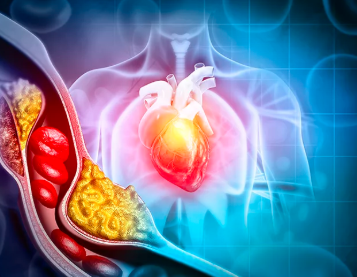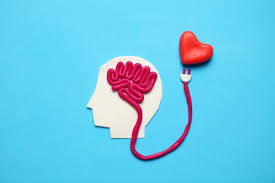High cholesterol is a major risk factor for heart disease and stroke. While medications can help, many people prefer to manage their cholesterol levels through natural methods. In this article, we will explore effective ways to lower your cholesterol naturally, promoting better heart health and overall wellbeing.
Understanding Cholesterol and Its Impact
Cholesterol is a waxy substance found in your blood, essential for building cells and producing certain hormones. However, too much cholesterol can lead to plaque buildup in arteries, increasing the risk of cardiovascular problems.
Types of Cholesterol
- Low-Density Lipoprotein (LDL): Often called “bad” cholesterol, high levels can clog arteries.
- High-Density Lipoprotein (HDL): Known as “good” cholesterol, helps remove LDL from the bloodstream.
- Triglycerides: Another type of fat that, when elevated, increases heart disease risk.
Natural Ways to Lower Cholesterol
1. Adopt a Heart-Healthy Diet
Focus on Fiber-Rich Foods
Soluble fiber found in oats, beans, lentils, fruits, and vegetables helps reduce LDL cholesterol by binding with it and removing it from the body.
Include Healthy Fats
Replace saturated fats found in red meat and full-fat dairy with healthy fats such as:
- Olive oil
- Avocados
- Nuts and seeds
- Fatty fish rich in omega-3 fatty acids (salmon, mackerel)
Limit Trans Fats
Avoid processed foods and baked goods containing hydrogenated oils, which raise LDL cholesterol and lower HDL.
2. Increase Physical Activity
Regular exercise can help raise HDL cholesterol and lower LDL cholesterol and triglycerides. Aim for at least 30 minutes of moderate aerobic exercise most days of the week, such as:
- Walking
- Cycling
- Swimming
3. Maintain a Healthy Weight
Losing excess weight can significantly reduce LDL cholesterol and triglycerides while improving HDL levels.
4. Quit Smoking and Limit Alcohol Intake
Smoking damages blood vessels, making it easier for cholesterol to build up. Quitting smoking improves HDL cholesterol and overall heart health. Moderation is key with alcohol; excessive consumption can increase cholesterol and triglyceride levels.
5. Manage Stress
Chronic stress can negatively affect cholesterol levels and heart health. Techniques such as meditation, yoga, and deep breathing can help manage stress effectively.
6. Consider Natural Supplements (With Doctor’s Advice)
Some supplements may support cholesterol management, including:
- Psyllium husk
- Plant sterols and stanols
- Garlic extract
- Red yeast rice
Always consult a healthcare professional before starting any supplement.
Foods to Avoid for Better Cholesterol Levels
- Fatty cuts of meat and processed meats
- Full-fat dairy products
- Fried and fast foods
- Sugary snacks and beverages
- Refined carbohydrates like white bread and pastries
Monitoring Your Cholesterol
Regular blood tests are essential to track cholesterol levels and evaluate the effectiveness of lifestyle changes.
Conclusion
Lowering your cholesterol naturally is achievable through a combination of a heart-healthy diet, regular exercise, weight management, and healthy lifestyle choices. These steps not only improve cholesterol levels but also contribute to overall cardiovascular health. Consulting with your healthcare provider can help tailor a plan suited to your individual needs.
Frequently Asked Questions
1. How long does it take to see changes in cholesterol levels with natural methods?
It can take several weeks to a few months of consistent lifestyle changes to notice significant improvements.
2. Can exercise alone lower cholesterol?
Exercise helps improve cholesterol but is most effective when combined with a healthy diet and other lifestyle changes.
3. Are all fats bad for cholesterol?
No, healthy fats like those found in olive oil and fatty fish can improve cholesterol levels.
4. Is it safe to use supplements to lower cholesterol?
Some supplements can help but always consult your doctor before using them.
5. Can stress really affect cholesterol levels?
Yes, chronic stress can negatively impact cholesterol and heart health, so managing stress is important.












